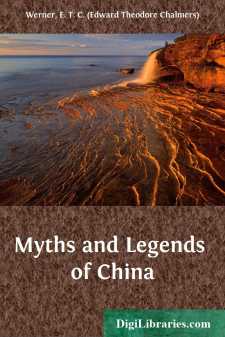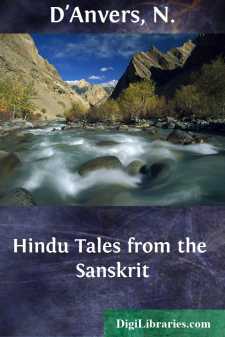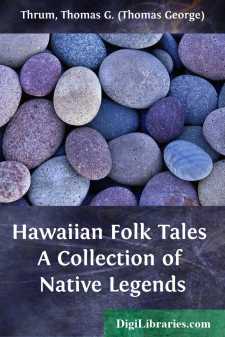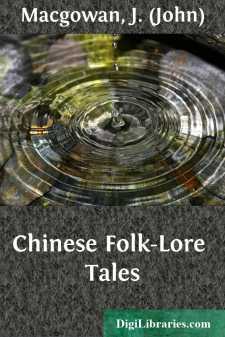Categories
- Antiques & Collectibles 13
- Architecture 36
- Art 48
- Bibles 22
- Biography & Autobiography 814
- Body, Mind & Spirit 145
- Business & Economics 28
- Children's Books 17
- Children's Fiction 14
- Computers 4
- Cooking 94
- Crafts & Hobbies 4
- Drama 346
- Education 58
- Family & Relationships 59
- Fiction 11834
- Foreign Language Study 3
- Games 19
- Gardening 17
- Health & Fitness 34
- History 1378
- House & Home 1
- Humor 147
- Juvenile Fiction 1873
- Juvenile Nonfiction 202
- Language Arts & Disciplines 89
- Law 16
- Literary Collections 686
- Literary Criticism 179
- Mathematics 13
- Medical 41
- Music 40
- Nature 179
- Non-Classifiable 1768
- Performing Arts 7
- Periodicals 1453
- Philosophy 66
- Photography 2
- Poetry 897
- Political Science 203
- Psychology 45
- Reference 154
- Religion 516
- Science 126
- Self-Help 85
- Social Science 82
- Sports & Recreation 34
- Study Aids 3
- Technology & Engineering 59
- Transportation 23
- Travel 463
- True Crime 29
Sort by:
PREFACE In 1590 a.d. the HÃ
ÂjÃ
 were overthrown at Odawara by the TaikÃ
 Hidéyoshi, and the provinces once under their sway were intrusted to his second in command, Tokugawa Iyeyasu. This latter, on removing to the castle of Chiyoda near Edo, at first paid main attention to strengthening his position in the military sense. From his fief in TÃ
ÂtÃ
Âmi and Suruga he had...
more...
INTRODUCTION. Twelve hundred years ago a Chinese historian stated that "on the eastern frontier of the land of Japan there is a barrier of great mountains, beyond which is the land of the Hairy Men." These were the Aino, so named from the word in their own language signifying "man." Over most of the country of these rude and helpless indigenes the Japanese have long since spread, only a...
more...
Chapter I The Sociology of the Chinese In spite of much research and conjecture, the origin of the Chinese people remains undetermined. We do not know who they were nor whence they came. Such evidence as there is points to their immigration from elsewhere; the Chinese themselves have a tradition of a Western origin. The first picture we have of their actual history shows us, not a people behaving as if...
more...
INTRODUCTION. Dr. Corbett, Bishop of Oxford and Norwich, lamented long ago the departure of the English fairies. "In Queen Mary's time" he wrote—"When Tom came home from labour,Or Cis to milking rose,Then merrily, merrily went their tabor,And merrily went their toes." But now, in the times of James, they had all gone, for "they were of the old profession," and "their...
more...
by:
N. D'Anvers
CHAPTER I Long, long ago there lived far away in India a woodcutter called Subha Datta and his family, who were all very happy together. The father went every day to the forest near his home to get supplies of wood, which he sold to his neighbours, earning by that means quite enough to give his wife and children all that they needed. Sometimes he took his three boys with him, and now and then, as a...
more...
INTRODUCTION On the bank of the Godavari River is a kingdom called the Abiding Kingdom. There lived the son of King Victory, the famous King Triple-victory, mighty as the king of the gods. As this king sat in judgment, a monk called Patience brought him every day one piece of fruit as an expression of homage. And the king took it and gave it each day to the treasurer who stood near. Thus twelve years...
more...
I Rev. C. M. Hyde, D.D. In the first volume of Judge Fornander’s elaborate work on “The Polynesian Race” he has given some old Hawaiian legends which closely resemble the Old Testament history. How shall we account for such coincidences? Take, for instance, the Hawaiian account of the Creation. The Kane, Ku and Lono: or, Sunlight, Substance, and Sound,—these constituted a triad named...
more...
PRELIMINARIES TO THIS VOLUME Having, within myself, made observation of late years, that all notable characters, whatsoever line of life they may have pursued, and to whatever business they might belong, have made a trade of committing to paper all the surprising occurrences and remarkable events that chanced to happen to them in the course of Providence, during their journey through life—that such...
more...
PRELIMINARIES. Having, within myself, made observation of late years, that all notable characters, whatsoever line of life they may have pursued, and to whatever business they might belong, have made a trade of committing to paper all the surprising occurrences and remarkable events that chanced to happen to them in the course of Providence, during their journey through life—that such as come after...
more...
I THE WIDOW HO One day in the early dawn, a distinguished mandarin was leaving the temple of the City God. It was his duty to visit this temple on the first and fifteenth of the moon, whilst the city was still asleep, to offer incense and adoration to the stern-looking figure enshrined within. This mandarin was Shih-Kung, and a juster or more upright official did not exist in all the fair provinces of...
more...











